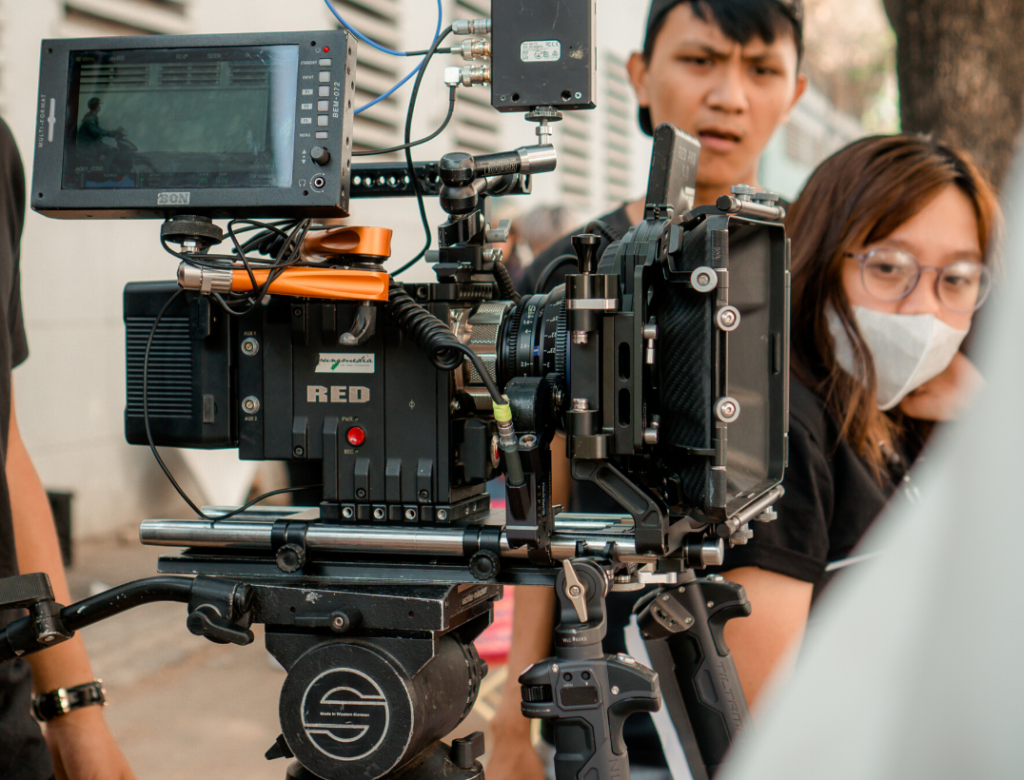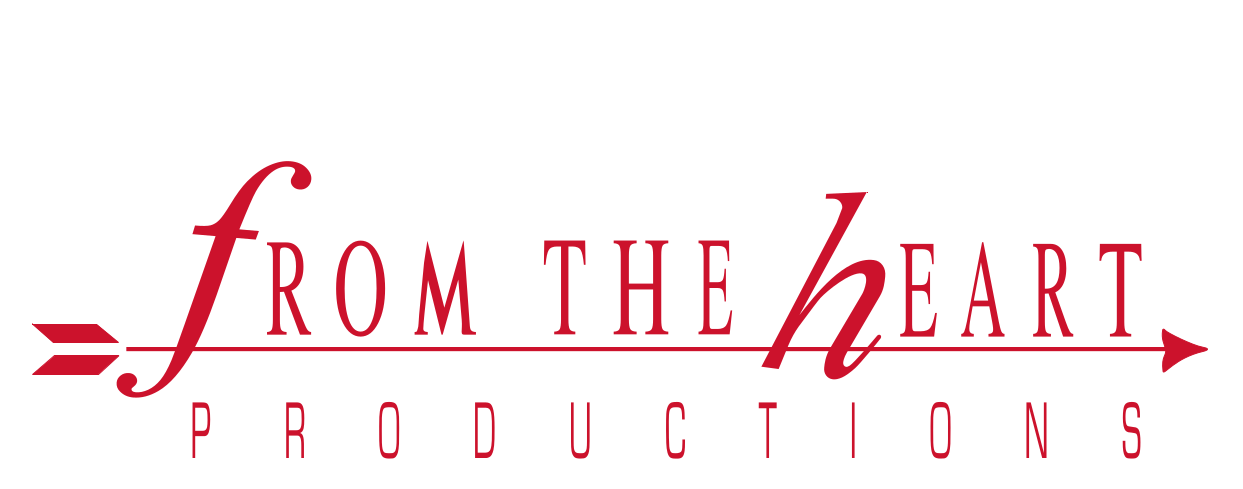The biggest challenge filmmakers have now in getting money for their project is proving to investors that they can make or finish a film during a pandemic
By Richard Kaufman – Guest Contributor
Your film investor is reaching for their Amex card after you’ve made your brilliant Zoom meeting pitch for your dream film project. They like your experience, your passion, your story, but they are asking themselves what everyone asks who ever thought of giving money to a privately financed independent film project.
“Is this film ever going to get made?”

Will you be able to make sure everyone on set wears a mask?
In Spring 2020, that question has a new ominous twist fear behind it. We are in the middle of a health crisis that has put a hold on all our lives and filmmaking. Virtually no projects are being produced right now. No one is sure when anyone will start filming again.
Covid-19 Film Production Plan
Which is why, when you fund raise now for you film, you need Covid-19 Film Production Plan for investors and donors.
You need to be able to show anyone who is willing to give money to you for your feature, documentary, short film or web series that it will get produced and completed. If not soon, then sometime in the near future.
This plan, or least the mention of it, should go in all fundraising materials, crowdfunding pages, and in your pitch.
Pandemic Precautions May Last 4 Years
In a study published in the journal Science , researchers from the Harvard T.H. Chan School of Public Health have warned that, in the absence of a vaccine or an effective treatment of the coronavirus, social-distancing measures may be required through to 2022. It’s possible, they say, that we may need do this until 2024.
If you’ve made a movie, you know that social distancing on a set will be a challenge. Your investors and donors know how hard that is to accomplish social distancing in their daily live when take walks or navigate supermarket produces aisles avoiding others grabbing for the same avocados. They also know they’ve not been back to work as the places of business may not be able to accommodate social distancing or other requirements needed for employees to stay healthy.
What will make your business, your film project, different. How can everyone on it go to work, not become ill, and get it finished? What steps will you take to insure everyone stays healthy?
Do Your Research
Fortunately, the entertainment business is filled with creative minds sharing ideas to get production started. There are many plans and proposals circulating from producers, directors, and unions.
Variety Magazine recently wrote about how Producers Brian Kavanaugh-Jones and Chris Ferguson — from the companies Automatik (“Honey Boy,” “Bad Education”) and Oddfellows (“Child’s Play”), respectively — have created a proposal titled “Isolation Based Production Plan.”
In their proposal, they raise issues that you will should think about address in production of making your film.
- Quarantining Cast and Crew – The entire cast and crew would be in a two-week quarantine before they would begin production, and would be tested.
- Quarantining Costumes, Props and Sets – Locations and sets would be dressed, and then sealed for three days (or whatever the most conservative estimate is) “to allow viruses on surfaces to die.”
- Limited Hair and Make-Up Contact – Instead of working on multiple actors at once, the proposal suggests there would be a single person working on one actor at a time — and not on set. “Makeup application tools & supplies will be purchased per cast member and used only on that individual cast member.”
An article in Deadline called Reopening Hollywood, brought up other areas that need to be addressed including:
- No More Cafeteria Style Craft Service Meals – Meals will only be doled out in single-serving pre-wrapped fashion. There will be no shared utensils. Lunch breaks will have to be staggered, to cut down on density.
- Protecting Talent and Directors on Set – Below the line personnel coming into contact with actors or directors will have to wear masks and gloves at all times.
- Eliminating Extras and Day Players – Perhaps cut out crowd scenes or if necessary, use green screen.
More Guidelines and Covid-19 Film Production Ideas
Production safety protocol suggestions from studios, trade groups, and film commissions.
Ted Sarandos, Chief Content Office at Netflix, offered his thoughts on How film and television production can safely resume in a COVID-19 world.
The Association of Independent Commercial Producers (AICP) just issued their department specific production guidelines.
Film Florida released a list of detailed recommendations for safe sets.
Independent film crew members discuss what is on their wish list for a healthy and safe film set in Indiewire
What Covid-19 Film Production Plan Works Best for Your Film
The Covid-19 situation and what we know about the disease changes daily. The production needs for every project is different as well. Some require locations and some sound stages. Maybe on your project, the director and DIT can work remotely.
Whatever you feel is necessary to make your film under current conditions, write it down. Modify your script if necessary, to accommodate safe working conditions.
Let your investors and donors know that you have a plan.




